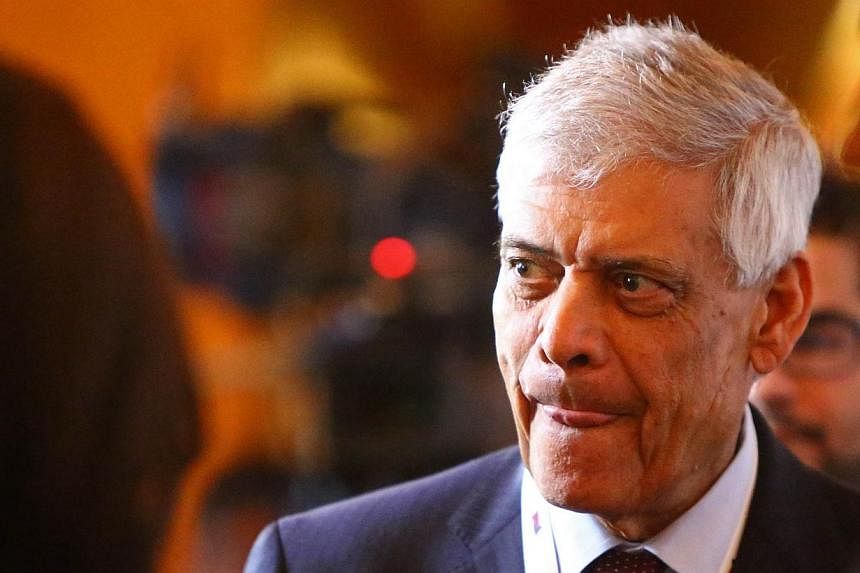DUBAI (AFP) - The rise in oil supplies on global markets does not justify the sharp drop in crude prices, a top Opec official said Sunday, arguing speculation might be a contributor.
"We want to know the main reasons that have led to such a drop in oil prices," said Abdalla Salem el-Badri, secretary general of the Organization of the Petroleum Exporting Countries.
"When we look at supply and demand, there is a rise (in supply) but only a modest one that should not have led to this 50-percent drop," he told reporters at a conference in Dubai.
"Speculation is strongly contributing tov pushing prices down," he added.
Opec decided last month to maintain its production level despite pleas by some producers to cut output in order to curb the price drop.
Badri said Opec had kept oil production at about 30 million barrels per day for the past decade, while countries outside the cartel had pumped an extra six million bpd.
Oil prices tanked to new five-year lows on Friday after a gloomy crude demand downgrade from the International Energy Agency (IEA) and more weak economic data in China.
US benchmark West Texas Intermediate for January delivery plunged to $58.80 per barrel - the lowest level since May 20, 2009 - having already closed under the psychological level of $60 on Thursday.
Brent crude for January meanwhile slipped to $62.75 in morning London deals, striking a low point last witnessed on July 16, 2009.
The oil market - which has shed almost 50 percent since June - plumbed the latest lows after the Paris-based IEA slashed its 2015 demand outlook, despite plunging prices.
Opec has come under pressure from its poorer members, including Venezuela and Ecuador, to trim production as slumping prices have eaten into government revenues and raised fears over their economies.
But the group's powerful Gulf members, led by kingpin Saudi Arabia, resisted the calls to turn down the taps unless they are guaranteed market share - particularly in the United States, where rising production of shale oil has contributed to the supply glut.
Badri acknowledged that shale oil output "has an effect" on price, but pointed out that the cost of production was high at about $70 per barrel.
Analysts have said that Saudi-led Gulf producers insist on keeping production levels to put pressure on shale oil producers.
The Opec official said the sharp price drop could be cyclical, and insisted Gulf producers were safe thanks to the financial buffers they have built out of oil windfalls.
Badri also said producers should maintain investments in exploration and extraction, stressing spending cutbacks "would mean a reduction in new supplies in the coming years, and subsequently, push prices up." Prices were expected to climb to a high level after 2020, he said, arguing that the "American oil industry will contract due to small reserves." The official insisted the United States would "continue to rely on Middle East oil for many years."

